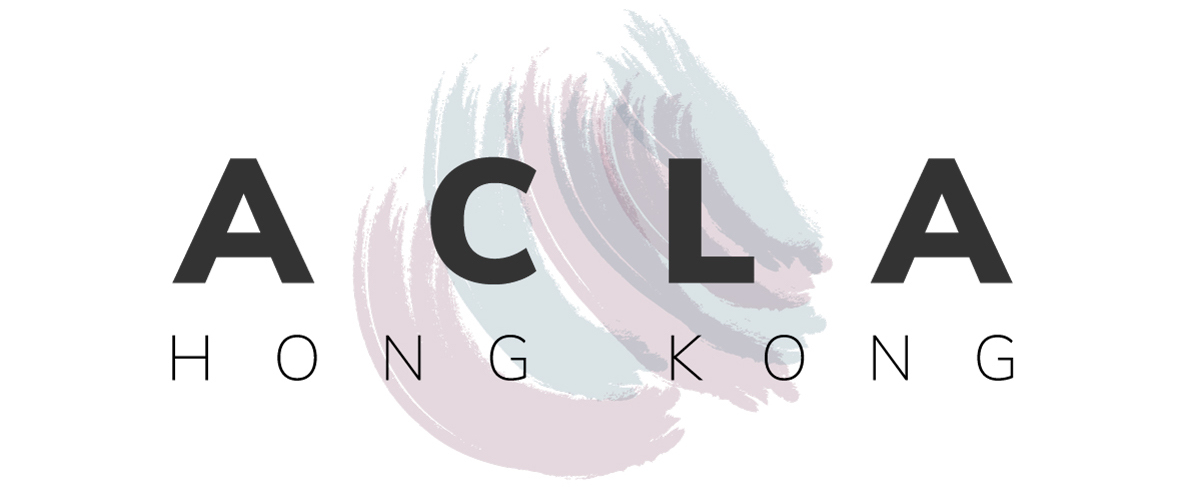- Conference Dates: Friday, November 08, 2019 to Sunday, November 10, 2019
- Conference Theme: "Uncertain Futures: The Role of Liberal Arts Education"
- Early Bird Abstract Submission Deadline: June 28, 2019*
- Final Abstract Submission Deadline: August 29, 2019
- Results of abstract review returned to authors: Generally within four weeks
- Full conference registration fees due for all presenters: September 26, 2019
- Full conference paper submission (after the event): December 10, 2019
*Submit early to take advantage of the discounted registration rates. Learn more about our registration options.
The Conference Programme Committee is calling for abstract submissions. To present your research at the conference your abstract must first pass double-blind peer review. Upon payment of registration fees, your attendance at the conference will be confirmed.
Conference Theme & Streams
Conference Theme: "Uncertain Futures: The Role of Liberal Arts Education"
The conference theme for ACLA is "Uncertain Futures: The Role of Liberal Arts Education", and the organisers encourage submissions that approach this theme from a variety of perspectives. However, the submission of other topics for consideration is welcome and we also encourage sessions across a variety of interdisciplinary and theoretical perspectives.
Submissions are organised into the following thematic streams:
- Arts
- Humanities
- Social Sciences
- Cultural Studies
- Education
- Literature
- Media, Communication and Film
- Ethics, Religion and Philosophy
- Psychology and the Behavioral Sciences
- Sustainability, Energy and the Environment
- STEAM
Special Themes and Areas of Focus
Authors have the optional opportunity of identifying whether their paper addresses either the 2020 IAFOR Special Theme and/or one of the ongoing IAFOR Special Areas of Focus.
IAFOR 2020 Special Theme: “Embracing Difference”
At a time when nationalism and ethno-centrism have become ascendant ideologies and provide easy refuge from the anxieties generated by globalisation and economic uncertainty, it is far too easy to see “difference” as a problem rather than an opportunity. Yes, cultural, religious, linguistic, and social differences can make us uncomfortable. They can be frightening, unsettling, and intellectually challenging. At the same time, they are enormously generative. It is only through encountering cultures and belief systems unlike our own that we learn anything about the flaws and limitations inherent in our own perspectives.
“Difference” is the source of innovation and change. While negotiating the difficulties of seemingly incompatible belief systems may pose tremendous challenges to us all, the payoffs for actively seeking out, celebrating, and working to converse across profound differences are manifold. As we learn about others, we learn about ourselves. And through those encounters, we have the opportunity to chart a future in which difference does not lead to violence, intolerance, or retrenchment, but instead is celebrated as the source of our collective strength.
IAFOR Special Areas of Focus
In line with its organisational mission, IAFOR encourages, facilitates and nurtures interdisciplinary research, with an emphasis on international and intercultural perspectives. Current areas of focus of the organisation include the following ongoing collaborative programmes and initiatives.
How to Submit Your Abstract
- To submit, go to IAFOR's online submission system.
- Create your account. Your email address will be used as your username and you will be asked to create a password. Please be aware that the information you enter when creating your account will be used for official Letters of Acceptance, Letters of Invitation, and Conference Programmes, so please ensure correct spelling of names, affiliated institutions, and so forth.
- Submit your abstract (maximum 250 words), choosing from the presentation formats listed below (Oral, Poster, Panel, Workshop, Live-Stream, or Virtual).
- Submit well before the submission deadline in order to benefit from Early Bird or Advanced Registration rates.
- Your abstract will undergo double-blind peer review and the results will be returned to you generally within four weeks.
- If your abstract is accepted you will be invited to register for the conference.
- Upon payment of the registration fee, you will receive a confirmation email containing your official receipt.
Submission Status
Check on the status of your abstract submission by logging in to the online submission system. The status is displayed in the "Your Submissions" area. Your personal information may be edited at any time.
If your paper is accepted for presentation at the conference, a notification email will be sent to your registered email address. If you do not receive this email, please contact us
Presentation Formats
Review System
Authors as Reviewers: A Reciprocal System
Our academic events would not be what they are without a commitment to ensuring adherence to international norms of abstract peer review. IAFOR relies on a large number of international scholars from around the world to contribute to a shared vision of promoting and engaging in international, intercultural and interdisciplinary dialogue, and if you are taking part in an IAFOR event, then that would mean you. Authors may be asked to review up to five abstracts for the conference. You are under no obligation to participate in this reciprocal system, but if you are selected to review, and undertake this task of grading abstracts for the conference, you will be credited in the conference programme.
Scheduling Requests
Because of the complexity of putting the Conference Programme together and the large numbers of participants involved, it is not usually possible to accommodate requests for specific presentation days or times. We ask that you reserve requests for religious reasons or other exceptional and unavoidable circumstances.
We encourage participants to attend the conference each day in order to benefit fully from the experience. While requests for specific presentation days or times are not accepted other than under exceptional circumstances, you may request one blackout day – a day on which you will not be scheduled to present at the conference.
Scheduling requests will not be accepted after the registration deadline.
Conference Proceedings
If you wish your paper to be published in the Conference Proceedings, once you have registered please ensure that you upload your full paper through the online system by December 10, 2019.
Final papers are only accepted in Microsoft Word format. Before submitting your paper please ensure that you have read the Final Paper Guidelines and formatted your paper correctly.
The official Conference Proceedings will be published online in a PDF format under an ISSN issued by the National Diet Library of Japan on January 10, 2020.
Publication & Licensing Issues
IAFOR believes in “Open Access” publishing, and since 2009, has been committed to maintaining an online searchable research archive that offers free access to anyone, anywhere, where there is Internet access, regardless of institutional affiliation or scholarly rank. IAFOR publications are accessible on the website (Open Access) to researchers all over the world, completely free of charge and without delay or embargo. Authors and contributors are not required to pay charges of any sort towards the publication of IAFOR journals.
Abstracts, research papers, and video footage are published under an IAFOR user license and are protected by copyright. Users may access, download, copy, translate, text and data mine, redistribute, display or adapt the articles for non-commercial purposes provided that users follow the guidelines set out in the IAFOR User License.
Journals and other forms of print and digital media will be made available by IAFOR to the general public on an online, Open Access basis. By publishing their work with IAFOR, authors enter into an exclusive License Agreement, where they have copyright but license exclusive rights in their article to IAFOR as the publisher.

